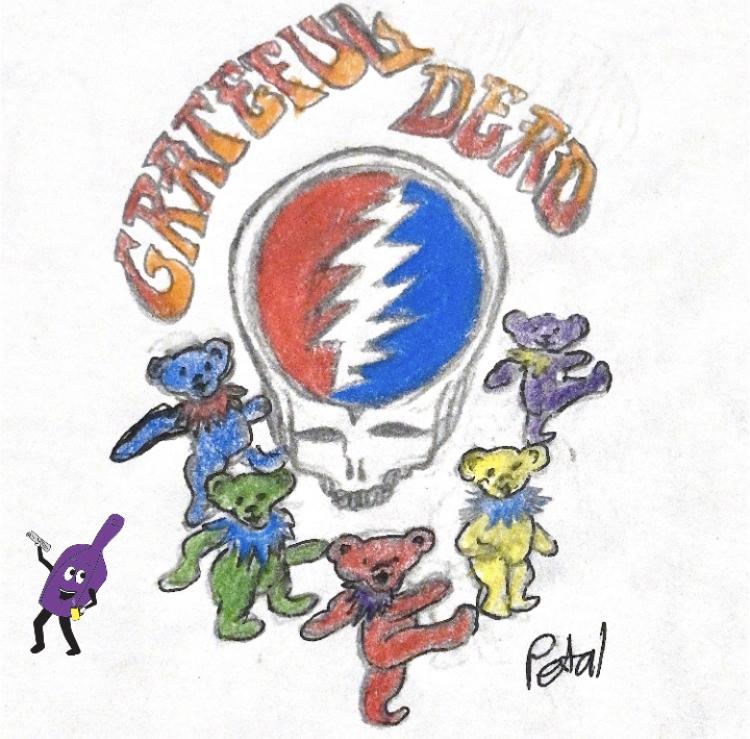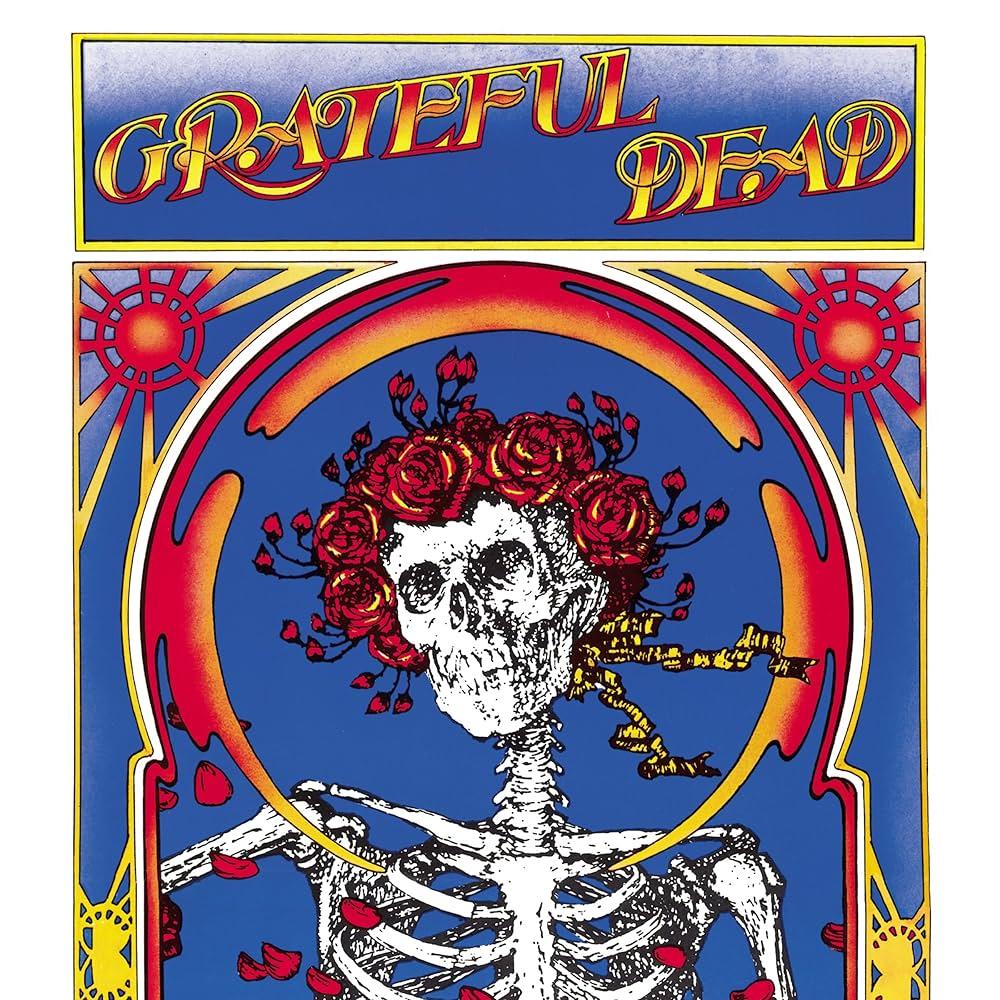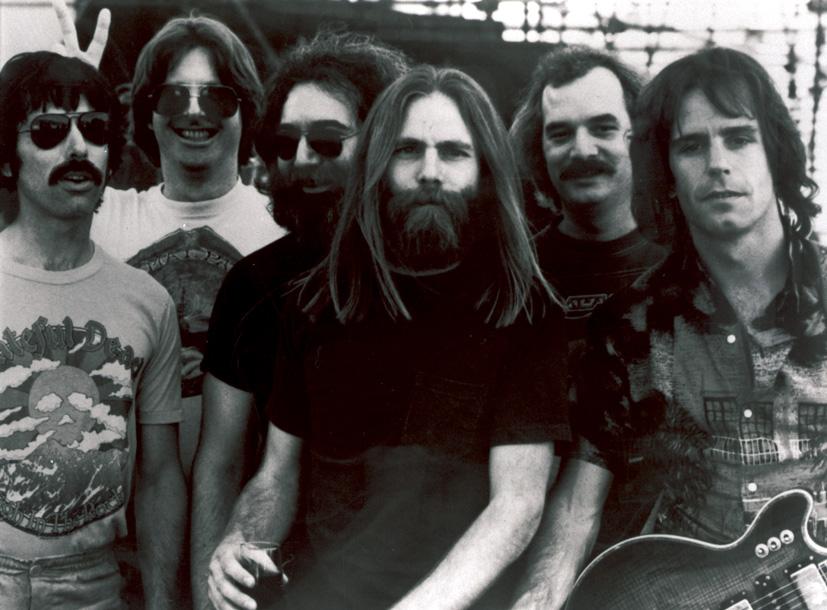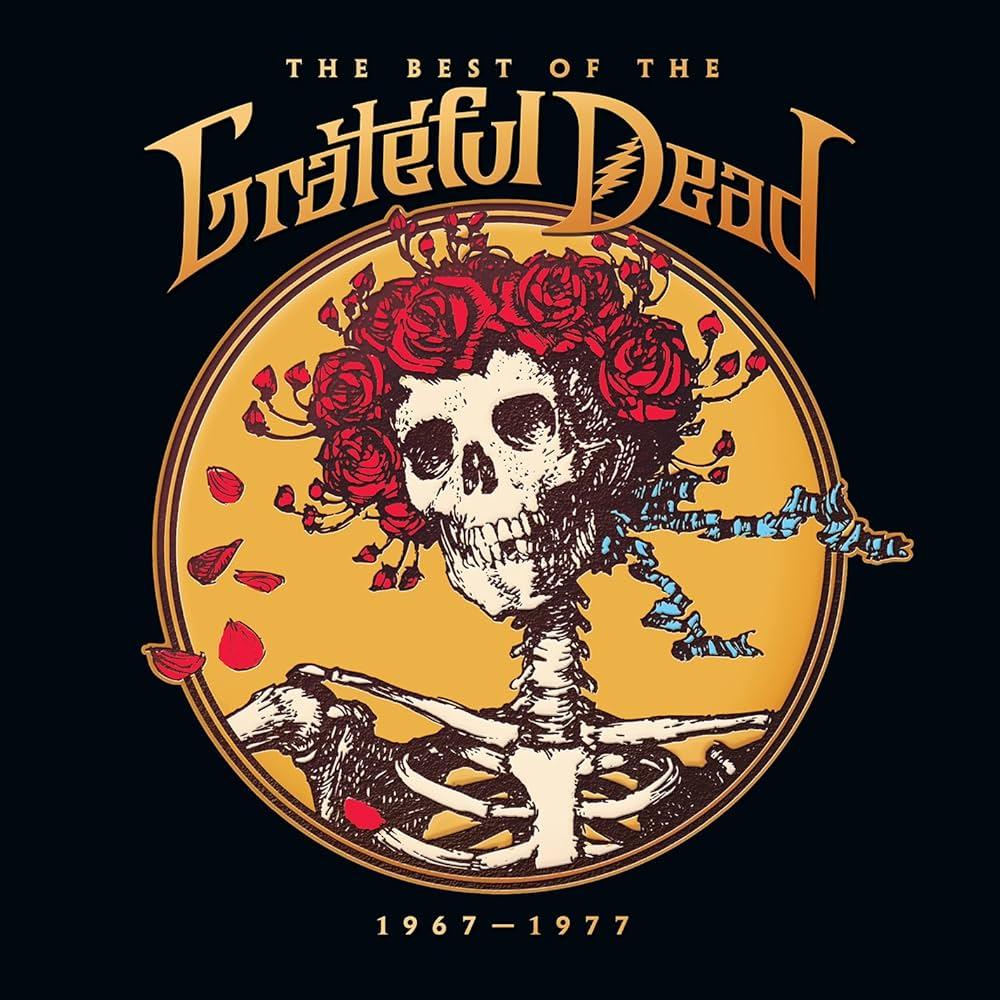Exploring the Cultural Impact of Blues for Allah on Music and Society
Celebrating it’s 50th anniversary, ‘Blues for Allah’ continues too reverberate through the worlds of music and culture in profound ways. Released during a time of social upheaval and change, the album not only transcended conventional musical boundaries but also served as a reflection of the sociopolitical landscape of the 1970s. The blend of jazz, rock, blues, and Middle Eastern influences within the tracks showcases the transformative power of genre fusion, inviting listeners to experience a new musical narrative. Moreover, the Dead’s improvisational style punctuated by poetic lyricism prompted a shift in the understanding of live performances, positioning the band as trailblazers in a community seeking deeper connections through music.
The cultural impact of this album extends beyond mere auditory experience, which is evident in its themes of exploration and unity. It’s been pivotal in fostering a sense of camaraderie among fans who resonate with the ideals expressed within its grooves and rhythms. The album encourages a sense of mindfulness and introspection, echoing themes such as:
- Spiritual Quest: Inviting listeners to explore their own journeys.
- Collective Consciousness: Emphasizing shared experiences.
- Artistic Freedom: Supporting the notion of creativity without limits.
This fusion of sound and purpose has lead to a legacy that has influenced generations of musicians and enthusiasts alike, encouraging a continuous dialog about the intersections of art and life. As the 50th anniversary festivity unfolds, the resonance of ‘Blues for Allah’ reminds us that music can be a powerful vehicle for social change and a collective understanding of human experience.

Unpacking the Musical Innovations in the 50th Anniversary Edition
The 50th Anniversary Edition of the Grateful Dead’s ‘Blues for Allah’ is not merely a nostalgic reissue; it’s a deep, sonic exploration that highlights the band’s innovative spirit. This edition features remastered tracks that bring to life the intricate harmonic textures and rich instrumental layers that characterized the original album. The band’s ability to blend rock, jazz, and Middle Eastern influences creates a tapestry of sound that feels both timeless and avant-garde. Enhanced audio fidelity allows listeners to experience nuances that might have been overlooked in the original pressing, recontextualizing classics like “Franklin’s Tower” and “King Solomon’s Marbles” with fresh clarity and depth.
Moreover, the inclusion of previously unreleased live recordings from the era reveals the band’s improvisational prowess. From Jerry Garcia’s signature guitar licks to Phil Lesh’s exploratory bass lines, these tracks showcase how the Grateful Dead pushed the boundaries of their musical narratives. Key highlights include the extended jams that serve as a playground for experimentation,allowing sections to flow seamlessly into one another. The result is an album that not only captures the essence of the Grateful Dead’s sound but also places it within the broader context of musical innovation during the mid-70s. Fans and new listeners alike will find that this anniversary edition serves as both a celebration and a re-examination of a pivotal moment in rock history.

Curating a Listening Experience: How to Enjoy Blues for Allah Today
To fully embrace the magic of the Grateful Dead’s iconic album, Blues for Allah, it’s essential to set the stage for a captivating listening experience. Begin by creating an habitat that enhances the auditory journey. Dim the lights, perhaps light a few candles, and make sure your seating is comfortable. As you settle in, consider using high-quality speakers or headphones to ensure that each intricate note and subtle nuance is fully appreciated. The album’s eclectic mix of rhythmic structures and lyrical depth warrants an attentive atmosphere, allowing the listener to drift into the soundscape without distractions.
Engaging with the album doesn’t just happen passively; it’s an active dialogue with the music. As you listen, explore the themes woven throughout the tracks. Pay attention to the interplay between lyrical and instrumental moments, marked by the undeniable harmony and improvisational spirit of the band.To deepen your appreciation, you might want to jot down thoughts or reactions as the music progresses. Sharing these insights in discussions with fellow fans or online communities can further enrich your understanding. Whether it’s the storytelling in “Franklin’s Tower” or the meditative quality of “The Music Never Stopped,” this album invites a multi-sensory exploration that keeps the spirit of the Grateful Dead alive even decades after its release.

Behind the Scenes: Insights from the Grateful Dead Family on the Legacy of Blues for Allah
As we dive into the 50th anniversary of *Blues for allah*, the Grateful Dead family reflects on the album’s imaginative spirit and enduring legacy.Initially released in 1975, this record was pivotal for the band, intertwining improvisational jazz elements with traditional blues motifs. it infused their unique sound with a Western swing, showcasing not just their musical evolution, but also the creative synergy among the band members. Members of the extended Grateful Dead family have shared personal anecdotes, revealing how the album transformed live performances, with songs frequently enough taking on new life and meaning during each rendition.
The artistic vision behind *Blues for allah* was shaped by a collaboration that extended beyond individual contributions. Those close to the band emphasize the album’s meaning in *shaping their cultural identity*, mentioning aspects such as:
- Thematic depth: Exploring spirituality and existential themes that resonate deeply with listeners.
- Musical experimentation: Blending traditional blues with jazz and Middle Eastern influences, creating a rich tapestry of sound.
- Community engagement: Striving to bring fans together through shared experiences and improvisational artistry.
Grateful Dead’s ability to connect with an audience remains unparalleled, and *Blues for allah* stands as a testament to their influential legacy, encouraging exploration and introspection for fans, old and new.
